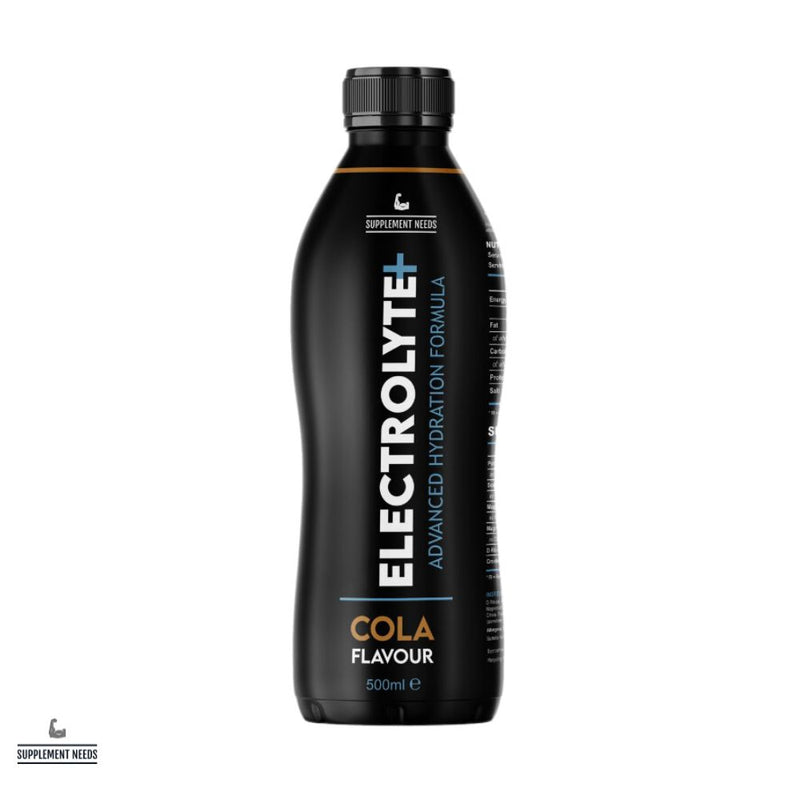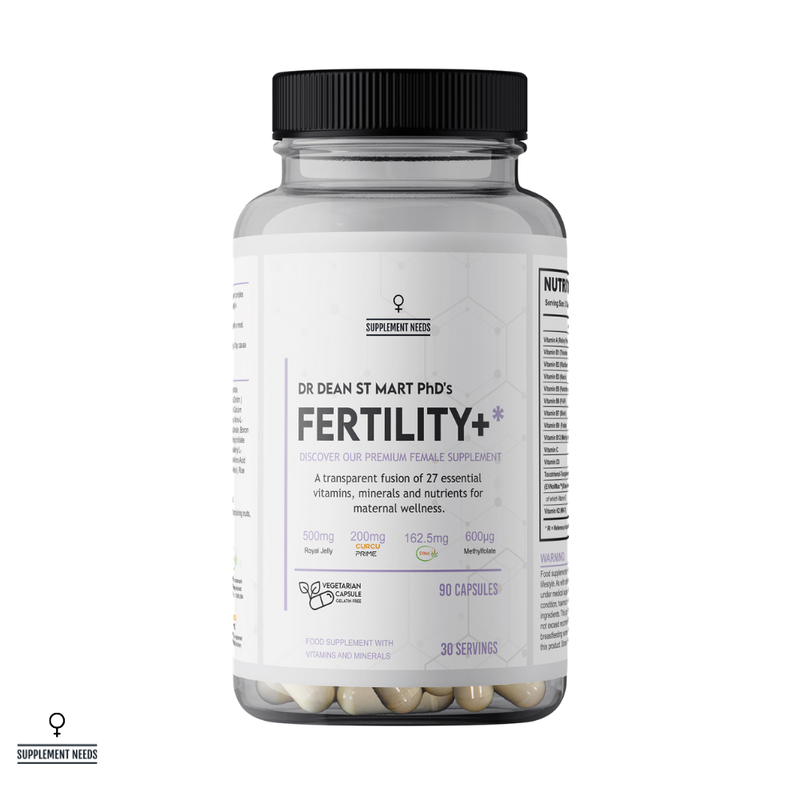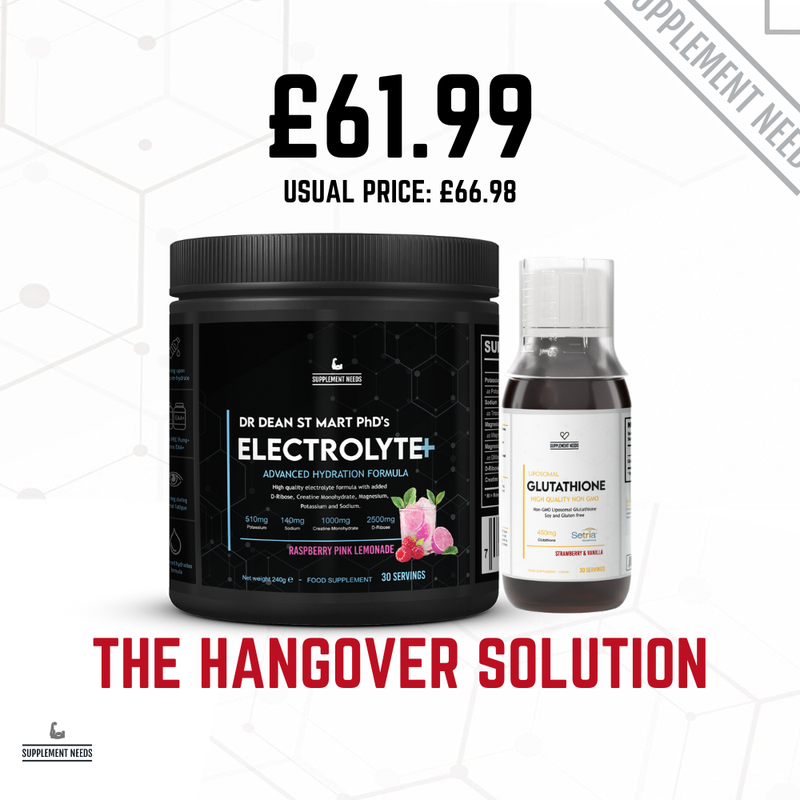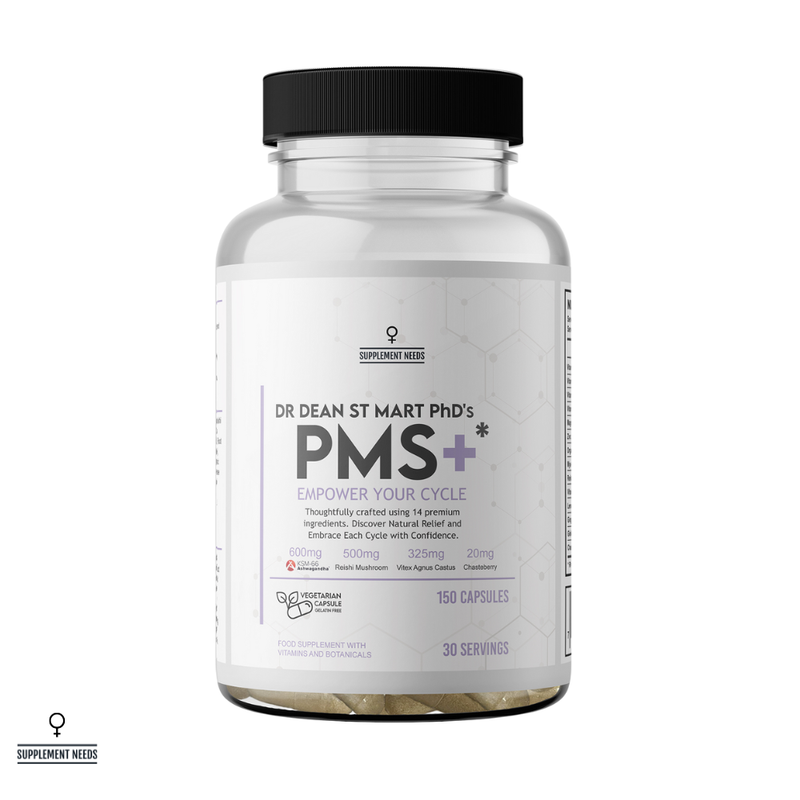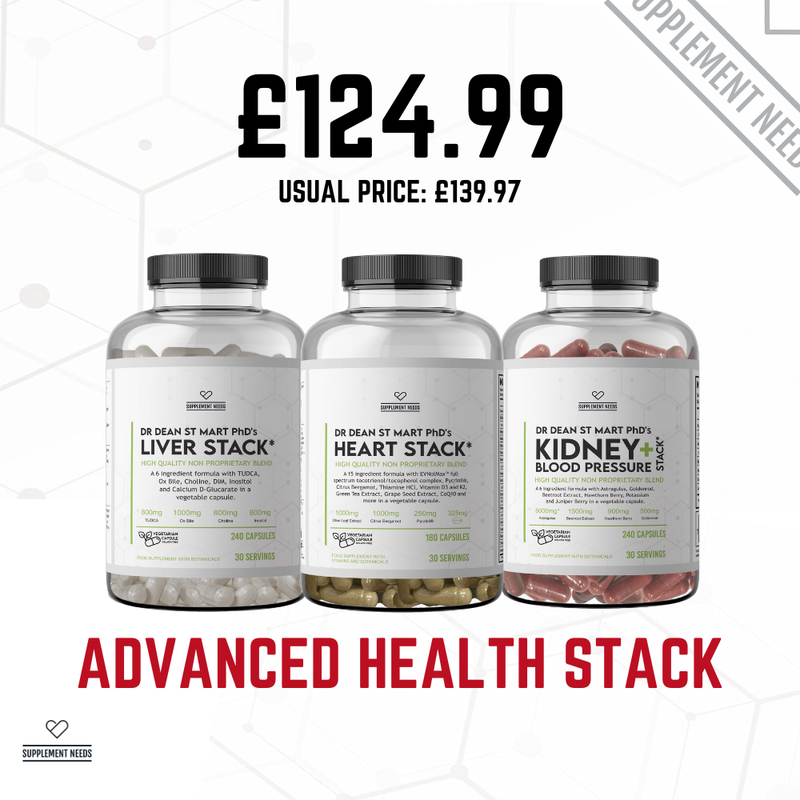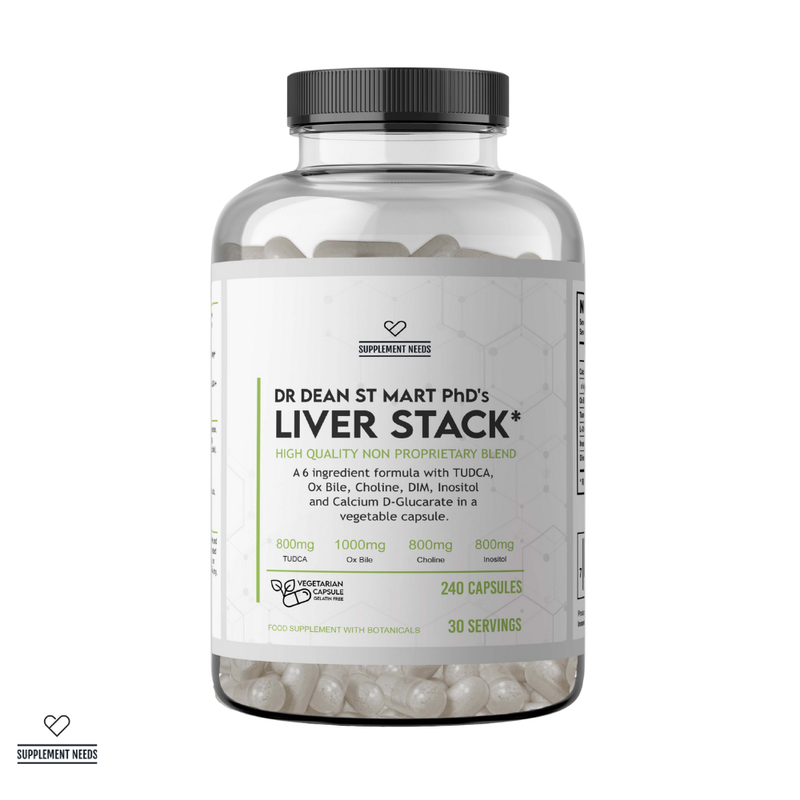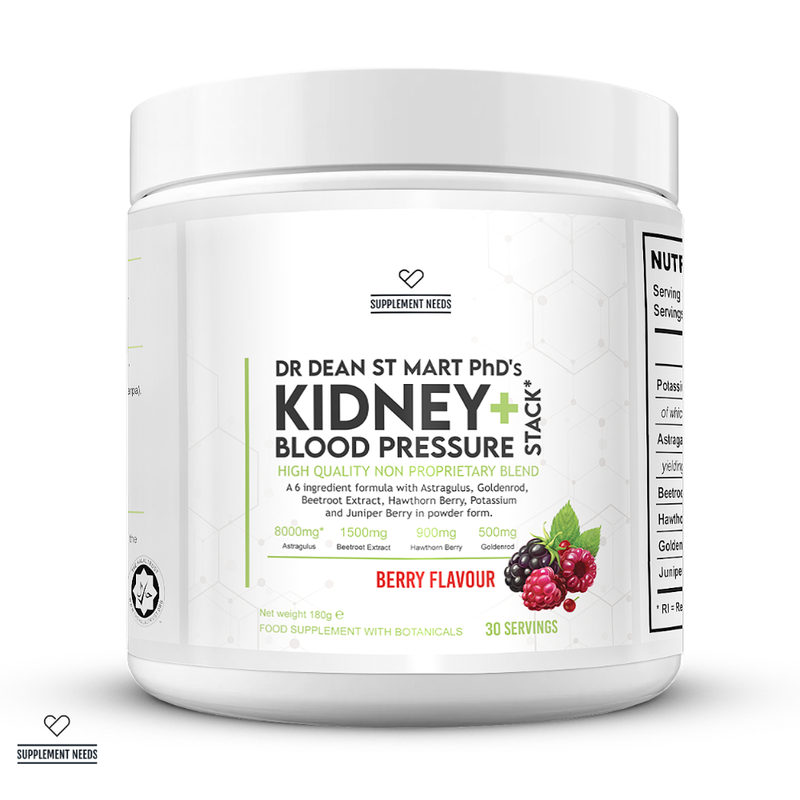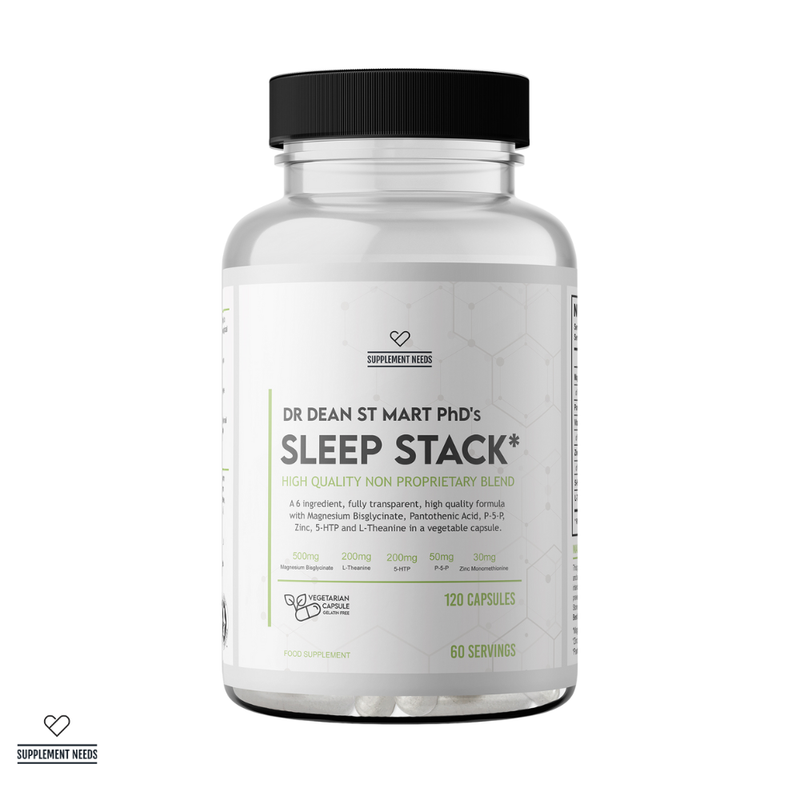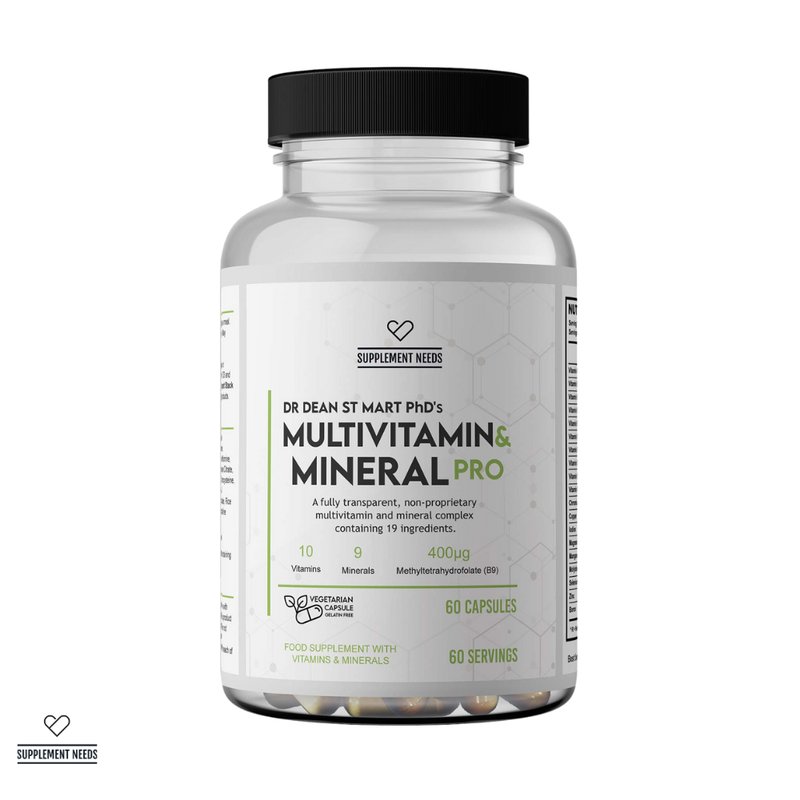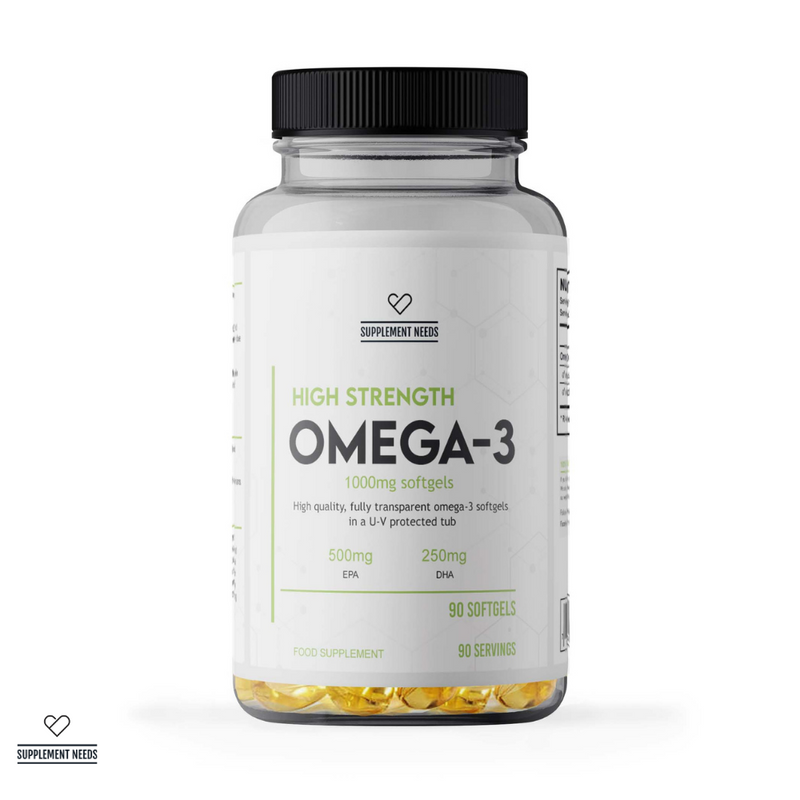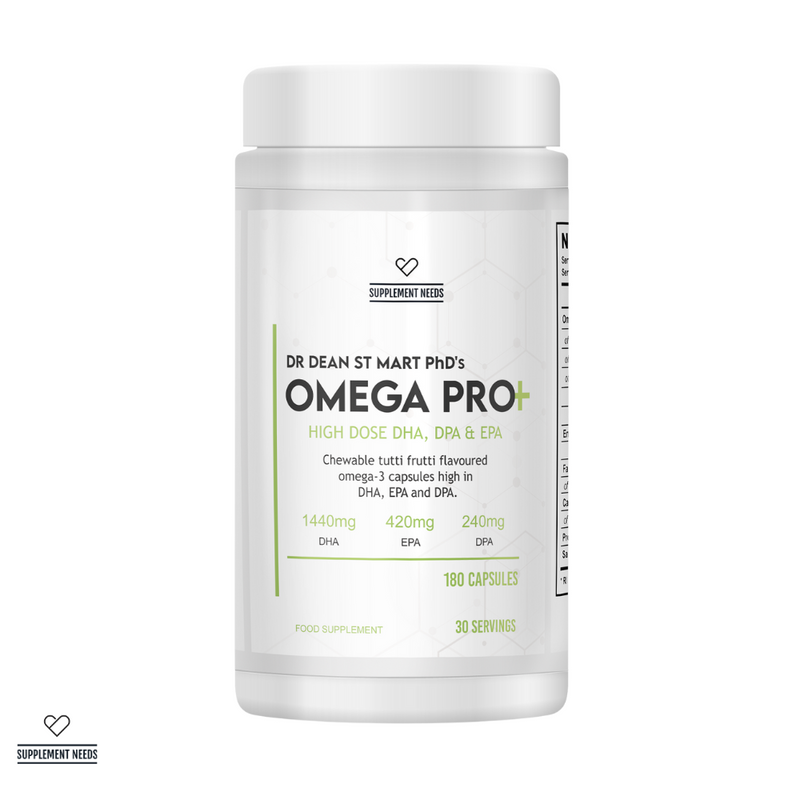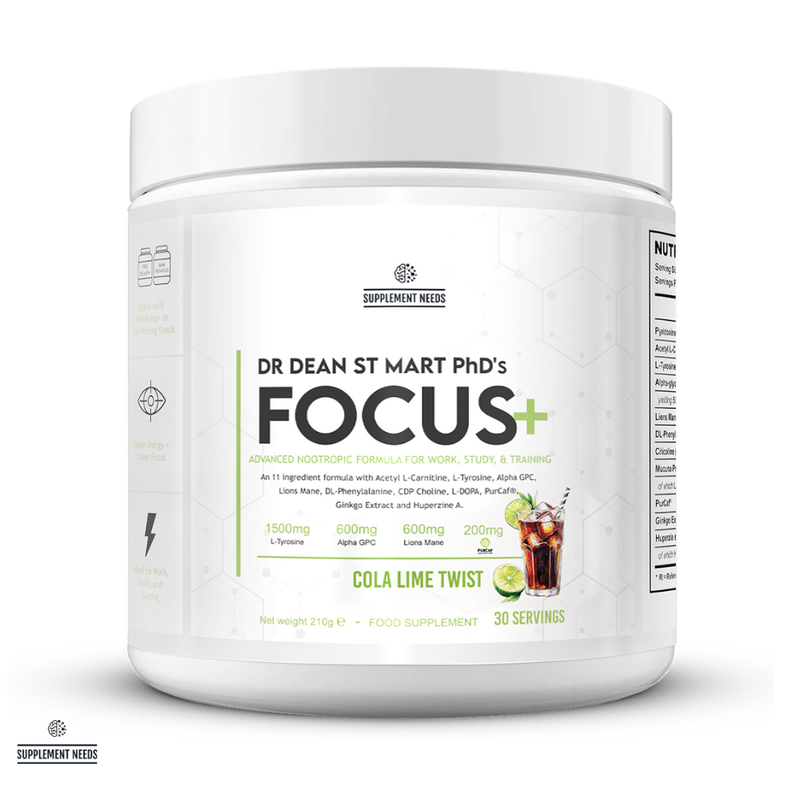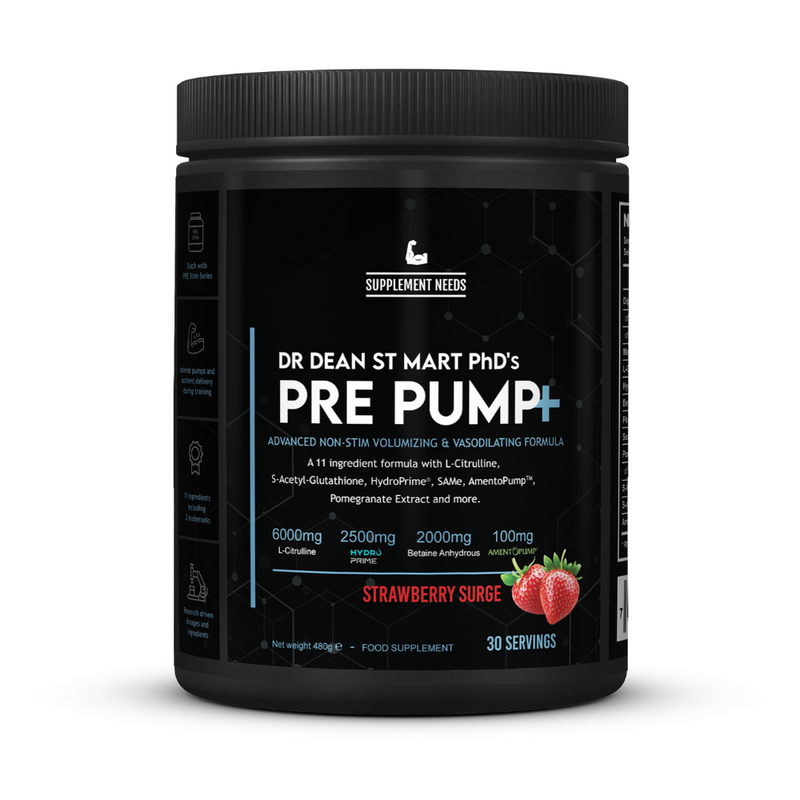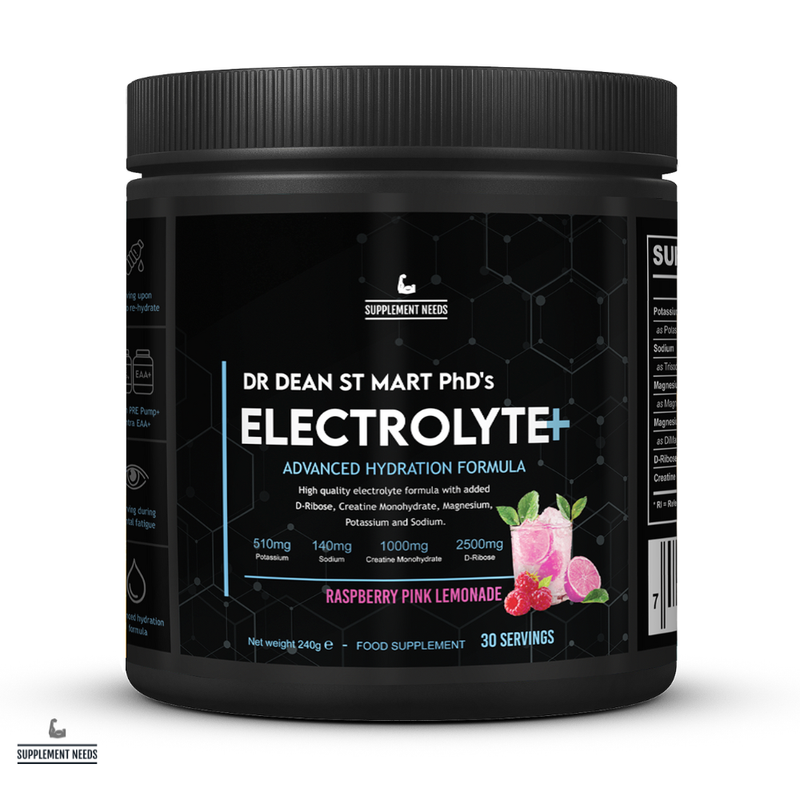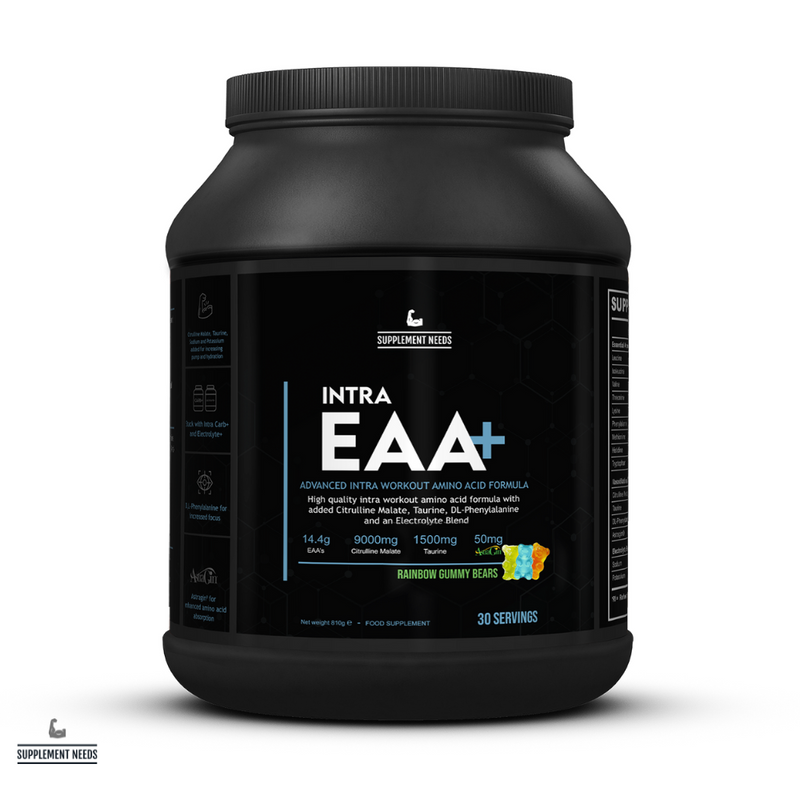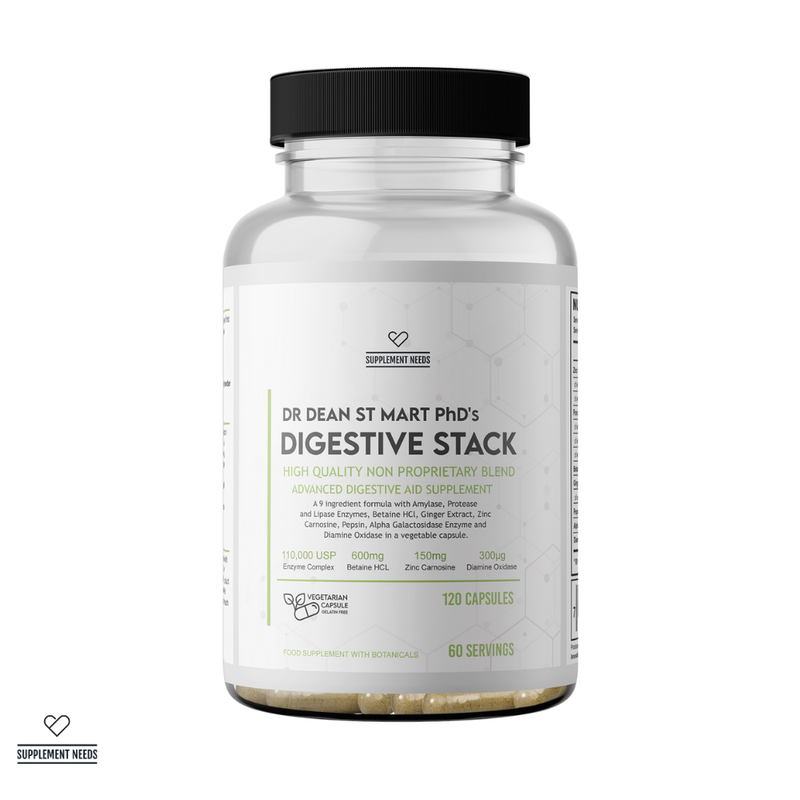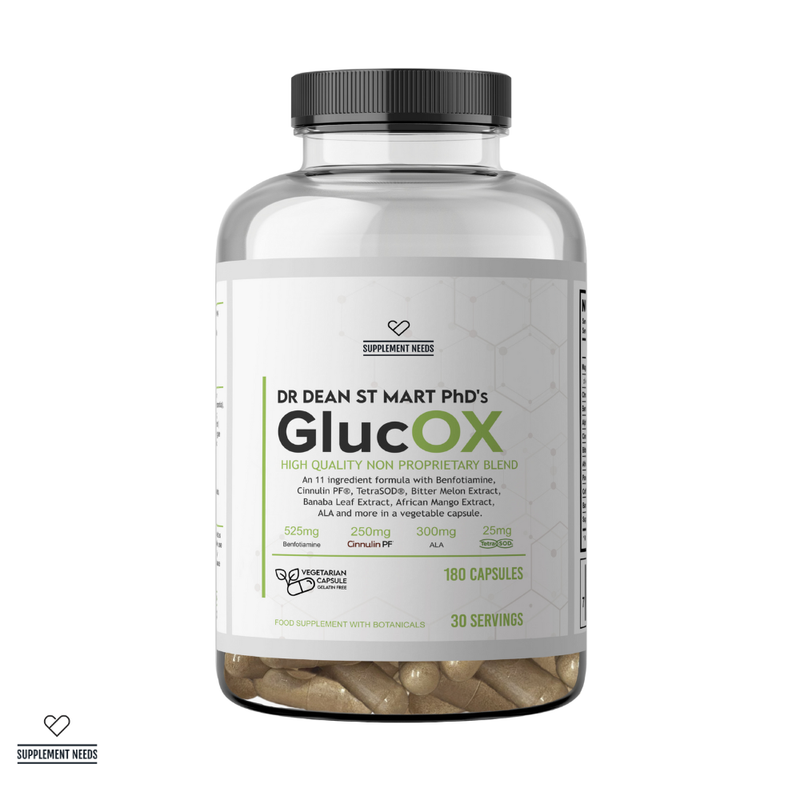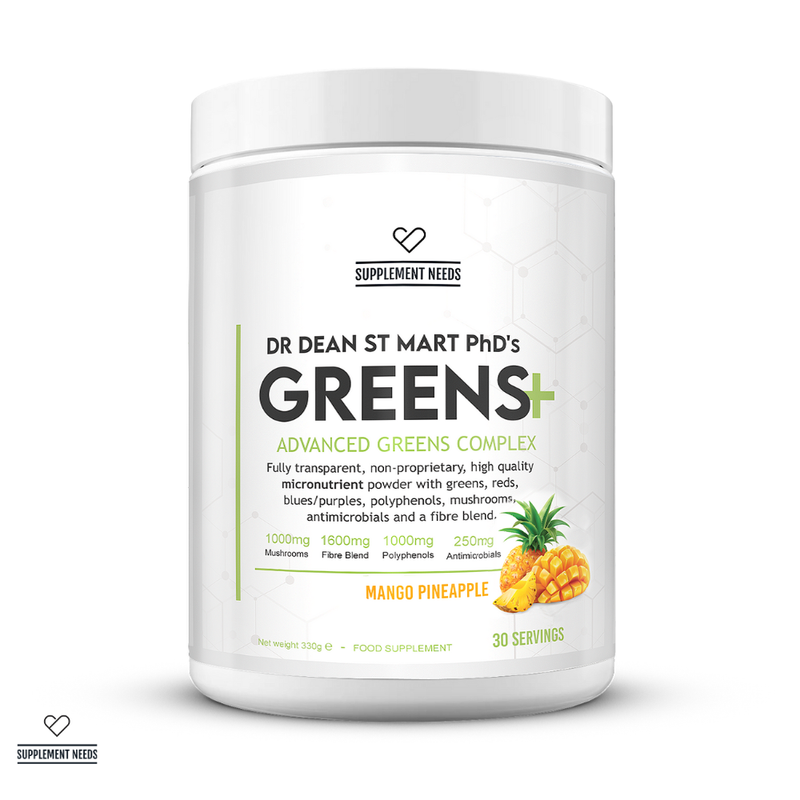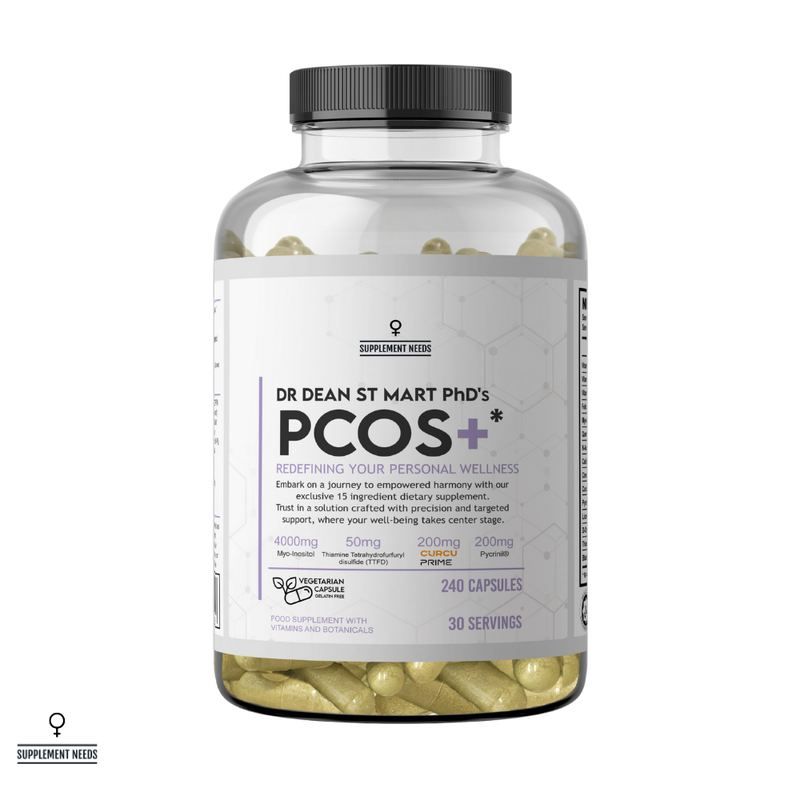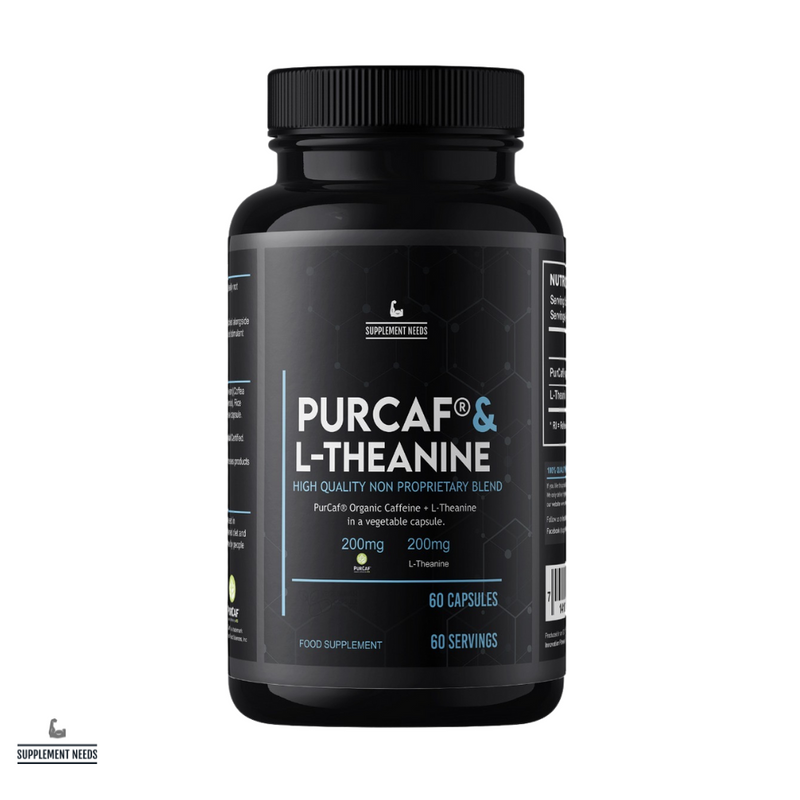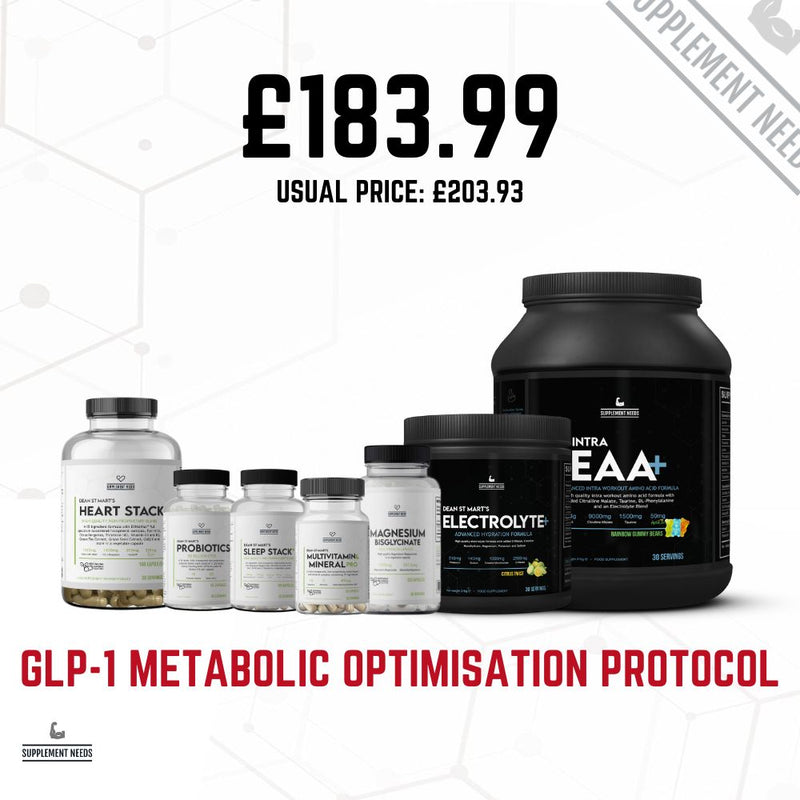Few things are quite so debilitating to your day than a bloated stomach. A ballooning in our guts that brings with it discomfort and distress, and a desire for relief. We’ve all been there, and whether you know it as bloating, distension, or stomach ache, one thing is clear: we could do without it. In this article, we’ll look at the causes, and the best supplements for bloating. Keep reading to learn more…
What is stomach bloating?
First off, we should start with a clear distinction.
Abdominal bloating and distension, though often spoken of in the same breath, are different experiences.
Bloating refers to the uneasy sensation of trapped gas, pressure, and fullness that we feel in our abdomen, even when there is no objective change in size1.
Distension is a measurable increase in waist circumference, the sort of physical swelling that prompts many sufferers to compare their midriffs to over-inflated balloons.
While these issues often occur together, they can also present independently, demanding careful clinical distinction.
These symptoms are far from rare. Studies have found that approximately 20% of adults suffer recurrent bloating2.
This becomes even more striking with those suffering irritable bowel syndrome (IBS), where up to 90% of patients experience bloating and distension3.
Women tend to report these symptoms more frequently than men4, and those with constipation-predominant IBS exhibit particularly high rates compared with their diarrhoea-predominant counterparts5.
Beyond the discomfort, bloating leaves a heavy toll on daily life.
In large international surveys, roughly three-quarters of individuals experiencing gas-related symptoms rate them as moderate to severe, and half confess that these sensations impede work, social engagement or even simple household tasks6.
Yet despite its profound global impact, there is no one-size-fits-all treatment that consistently relieves bloating across all patient groups.
When it comes to dealing with this issue, you need a personalised approach.
What causes stomach bloating?
What lies behind the sensation of a swollen, uncomfortable belly?
Abdominal bloating affects a large swathe of the population, yet its roots seldom spring from a single source.
One of the most well-known organic drivers of bloating is small intestinal bacterial overgrowth (SIBO), in which excessive bacteria in the small bowel ferment carbohydrates into gas7.
Breath-test studies have identified SIBO in up to 33.8% of patients presenting with gastrointestinal complaints, and prevalence estimates in irritable bowel syndrome (IBS) vary widely depending on diagnostic criteria and methodology8.
SIBO can occur when disturbances in the microbiome in the small bowel disrupt the balance, which can be brought on by other conditions, such as Celiac disease, diabetes, hypothyroidism, and obesity9.
Another cause is carbohydrate maldigestion. This inability to digest certain carbohydrates due to a lack of one or more intestinal enzymes (most notably lactose and fructose intolerance) occurs when unabsorbed sugars osmotically draw water into the bowel and then undergo rapid colonic fermentation10.
Although precise prevalence varies by region and age, such intolerances contribute substantially to daily complaints of gas and fullness. Each of these conditions can prolong transit time or impair digestion, creating a fertile ground for gas accumulation and measurable distension.

For many sufferers, however, the main culprit is functional rather than structural.
Functional gastrointestinal disorders are supported by disorders of gut-brain interaction. Here, normal volumes of gas may provoke exaggerated sensations of fullness due to extreme hypersensitivity.
Research has found that up to 40% of IBS patients experience heightened afferent fibre responsiveness and report severe symptoms at lower thresholds of gut stretch11.
Additional factors such as anxiety, depression, and hypervigilance further amplify these perceptions, even when motility and gas production remain within normal limits.
However, a noteworthy example of altered somatic control is abdominophrenic dyssynergia (APD). In APD, the diaphragm paradoxically contracts and the anterior abdominal wall relaxes in response to normal intestinal gas, creating a pronounced outward bulge despite no increase in intra-abdominal contents12.
This reflex accounts for a large proportion of visible distension in people with functional bloating and is a key area for behavioural and rehabilitative intervention.
For many people, the best way to deal with stomach bloating is through supplementation.
Supplementation for stomach bloating
As we’ve already discovered, a large cause of stomach bloating is an imbalance of the gut microbiome.
Thankfully, the right supplements can help to support the intestinal barrier function, and improve digestion to reduce the effects of bloating. At Supplement Needs, there are three key supplements to discuss:
Supplement Needs Gut Guard+

When bacterial imbalances lie at the heart of your bloating, a broad-spectrum antimicrobial formula can help to restore that much-needed equilibrium.
Gut Guard+ brings together 21 transparently dosed botanical and mineral extracts to tackle excess microbes, calm inflammation, and soothe spasmodic discomfort.
Contained within each supplement are 13 antimicrobial agents, including berberine HCl from Indian barberry root, and olive leaf extract, each chosen for their ability to curb overgrowth in the small intestine.
These are balanced by anti-inflammatory herbs, such as yarrow and lemon balm, which help settle gut wall irritation known for amplifying pain and pressure.
Five antispasmodic ingredients, including ginger rhizome and peppermint leaf, assist in relaxing those stomach muscles to ease cramping and encourage natural gas release, while a dose of dill seed extract provides carminative relief.
Gut Guard+ works by temporarily suppressing troublesome bacteria, soothing a sensitive lining and helping your gut muscles to move more freely.
Take eight capsules with food each day, or four capsules twice daily if preferred. Over the course of several weeks, you should notice fewer episodes of tightness, less rumbling and a more settled abdomen.
For optimal effect, Gut Guard+ can be stacked alongside digestive enzymes and a targeted probiotic to rebuild a healthy microbiome once overgrowth has subsided.
Supplement Needs Digestive Stack

If your bloating gets worse after meals, then you are not alone. That familiar post-prandial pressure often stems from incomplete digestion of carbohydrates, proteins, or fats.
Here, Supplement Needs Digestive Stack capsules can help, supplying seven key ingredients at clinically effective doses to support each stage of breakdown and prevent fermentation in the colon.
Think of our Digestive Stack capsules as something of a microbial firewall. It makes sure that nutrients are processed fully in the upper gut, rather than feeding fermentation in the lower bowel.
Betaine HCl and pepsin both provide a boost to stomach acid, so proteins are cleaved up efficiently, which in turn reduces undigested residue. Pancreatin (a blend of amylase, protease and lipase) assists in dismantling starches, proteins, and lipids before they reach gas-producing microbes.
Alpha-galactosidase targets those complex sugars found in beans and cruciferous vegetables, cutting hydrogen and methane output by as much as 50%.
For those sensitive to histamine, added diamine oxidase helps metabolise this compound, while zinc carnosine and ginger extract protect and calm the mucosal lining.
Take two capsules 25 minutes before your largest meal. If needed, a second serving can be taken later in the day.
Combined with Gut Guard+ and a probiotic, you can build a strong defence against persistent post-meal distension.
Supplement Needs Probiotics

Once you’ve addressed overgrowth and supported digestion, replenishing beneficial bacteria will provide that much-needed lasting relief.
The Supplement Needs Probiotics capsules delivers 16 carefully selected strains to repopulate your gut with organisms associated with balanced fermentation, motility, and barrier function.
This high-potency, multi-strain blend deals with gas-promoting bacteria and helps to stabilise your gut ecology.
Key strains include Bifidobacterium infantis for symptom reduction in IBS, Lactobacillus plantarum for anti-inflammatory effects, Lactobacillus rhamnosus for immune support, and Bacillus coagulans for resilience during harsh gastrointestinal conditions.
Take one capsule daily, ideally at the same time each morning. Over weeks, this steady influx of beneficial microbes can lessen gas production, regulate transit time and reinforce the intestinal lining against irritants.
Combined, this trio of supplementation can help to turn those problematic stomach woes into a thing of the past.
Supplement Needs Vitamin D3

Lastly, we have Vitamin D. Often called the sunshine vitamin, your skin synthesises Vitamin D whenever ultraviolet B rays strike its surface. However, since very few foods naturally supply this nutrient, maintaining adequate levels through diet alone can be difficult.
If you are deficient in Vitamin D, supplements offer a simple way to boost your intake and may help ease bloating.
At Supplement Needs, our Vitamin D3 tablets are formulated using 125 mcg of Vitamin D3 to yield 5000 IU, supporting optimal daily health. Take one tablet daily with a meal.
In one trial of 90 people with IBS, participants who took 50 000 IU of Vitamin D every two weeks for six months reported significant relief from stomach pain, bloating, gas and other gastrointestinal complaints13.
A separate study looked at 44 women with premenstrual syndrome (PMS) who were also Vitamin D–deficient. After four months of supplementation, markers of inflammation fell and PMS symptoms, including cramps, constipation, stomach pain and bloating, improved notably14.
Other methods to treat stomach bloating
Supplementation can have a big impact on your gut health, but to really get the most out of it, there are a number of lifestyle changes you can make.
The first step is to discover the root of the problem, be it organic, functional, or a mixture of both, then to assess the impact on daily life.
This knowledge is crucial. Understanding why bloating occurs, and what to expect from interventions, can help set realistic targets, and prevent future occurrences.
Equipped with this knowledge, treatment comes in many forms.
Dietary modification is the key to most treatment regimens. One of the most effective methods is to follow a low-FODMAP diet, which restricts fermentable carbohydrates that feed gas-producing bacteria.
Studies have found that 57% of patients on a low-FODMAP regimen experienced a reduction in bloating scores, and reported fewer days of moderate to severe symptoms compared with their usual diet15.
Limiting carbonated beverages, caffeine, and alcohol helps reduce bloating, while moderating salt and simple-carbohydrate intake can minimise fluid shifts that accentuate abdominal fullness.
Large meals late at night, fatty or spicy dishes, and known personal triggers should likewise be restricted.
Additionally, the speed with which you eat can affect your chances of bloating. Rapid consumption and talking while chewing increases aerophagia, exacerbating gas retention. By slowing down your eating, chewing thoroughly with a closed mouth, and pausing between mouthfuls, you can reduce swallowed air by up to 25%16.
Adequate hydration is another key factor. Aiming for 1.5 to 2 litres of water daily supports motility and stool consistency, further alleviating bloating. For optimal hydration, consider adding a high-quality electrolyte supplement to your diet, such as Supplement Needs Electrolyte+.

Beyond these approaches, lifestyle changes can likewise tip the balance between comfort and distress. Regular moderate exercise, such as brisk walking or yoga, helps to get gas moving through the body, and normalises gut transit.
A recent study found that yoga improved global IBS symptoms, including bloating, in over half of participants and enhanced quality of life scores compared with usual care17.
Even simple postural changes, such as avoiding prolonged recumbency after eating, can affect the passage of gas.
Finally, a gentle abdominal massage, performed from the right lower quadrant upward, may assist in moving trapped gas along the colon, offering a simple self-care tool when symptoms strike.
Combined, these methods can improve the efficacy of supplementation on the effects of stomach bloating, not only improving your gut health, but your overall health in the process.
But before you start…
While supplements offer bloating relief, they are not without limitation, or potential risk.
For example, probiotics are generally safe in healthy individuals, yet rare cases of bloodstream infections and fungemia have been documented in immunocompromised patients18.
The best advice is to start with lower doses and monitor for new gastrointestinal symptoms, before increasing the dose.
Broad-spectrum digestive enzyme preparations also carry their own considerations. Alpha-galactosidase, pancreatin and exogenous acids may cause mild gastric irritation, diarrhoea, or constipation when used in excess.
While zinc carnosine has protective effects in the gastrointestinal system, doses above 75 mg per day can lead to copper depletion over time, so co-supplementation with copper or periodic monitoring of trace‐element status may be advisable for chronic users19.
Diamine oxidase is usually well tolerated, though some reports found signs of headache and hypotension in certain individuals, warranting attention to blood pressure20.
It is also important to check that there are no conflicts between any existing supplements or medications. Always consult a physician before committing to a new supplementation regime, and should any side effects occur, stop immediately.
Tip: if you are keen to find out more about your personal microbiome and its overall health and condition, consider our GI 360 stool testing kit, which profiles your microbiome and compares the results to a published normobiotic reference population.
Shop the best supplements for gut health and bloating
We hope you’ve found this deep dive into stomach bloating interesting and insightful. If you want to reduce the effects of stomach bloating, you’re in the right place.
At Supplement Needs, we have a wide-ranging selection of supplements carefully designed to provide the vitamins and minerals at efficacious doses to live a healthy life.
Formulated by Dr Dean St Mart PhD, an industry-leader in supplementation, our range addresses every aspect of dietary supplementation to help you get the most out of your day.
Shop Supplement Needs gut health supplements today
For more insights and information about supplements, read the Supplement Needs blog…
What Is Biohacking? How Does It Work? | Could Supplements Make You More Productive? A Deep Dive Into Productivity Supplements | Alpha GPC: Decoding the Hype (and the Science)
Disclaimer:
The information on this website should not be used as a substitute for professional medical advice. If you have any questions about your stomach health, or are planning to change your diet, please contact your doctor.
References
1. National Cancer Insitute. Bloating [online]. Available at: https://www.cancer.gov/publications/dictionaries/cancer-terms/def/bloating (Accessed on 29th August 2025)
2. Ballou S, Singh P, Nee J, Rangan V, Iturrino J, Geeganage G, Löwe B, Bangdiwala SI, Palsson OS, Sperber AD, Lembo A, Lehmann M. Prevalence and Associated Factors of Bloating: Results From the Rome Foundation Global Epidemiology Study. Gastroenterology. 2023 Sep [online]. Available at: https://pubmed.ncbi.nlm.nih.gov/37315866/ (Accessed on 12th August 2025).
3. Lembo T, Naliboff B, Munakata J, Fullerton S, Saba L, Tung S, Schmulson M, Mayer EA. Symptoms and visceral perception in patients with pain-predominant irritable bowel syndrome. Am J Gastroenterol. 1999 May [online]. Available at: https://pubmed.ncbi.nlm.nih.gov/10235213/ (Accessed on 12th August 2025).
4. Heitkemper MM, Cain KC, Jarrett ME, Burr RL, Crowell MD, Woods NF. Relationship of bloating to other GI and menstrual symptoms in women with irritable bowel syndrome. Dig Dis Sci. 2004 Jan [online]. Available at: https://pubmed.ncbi.nlm.nih.gov/14992441/ (Accessed on 12th August 2025).
5. Jiang X, Locke GR 3rd, Choung RS, Zinsmeister AR, Schleck CD, Talley NJ. Prevalence and risk factors for abdominal bloating and visible distention: a population-based study. Gut. 2008 Jun[online]. Available at: https://pubmed.ncbi.nlm.nih.gov/18477677/ (Accessed on 12th August 2025).
6. Lacy BE, Gabbard SL, Crowell MD. Pathophysiology, evaluation, and treatment of bloating: hope, hype, or hot air? Gastroenterol Hepatol (N Y). 2011 Nov [online]. Available at: https://pmc.ncbi.nlm.nih.gov/articles/PMC3264926/ (Accessed on 12th August 2025).
7. Sorathia S, Chippa V, Rivas J. Small Intestinal Bacterial Overgrowth [online]. Available at: https://www.ncbi.nlm.nih.gov/books/NBK546634/ (Accessed on 29th August 2025)
8. Tresca AJ. SIBO Facts and Statistics: What You Need to Know. 2025 Jun [online]. Available at: https://www.verywellhealth.com/facts-about-sibo-5649647 (Accessed on 12th August 2025).
9. Tresca AJ. SIBO Facts and Statistics: What You Need to Know. 2025 Jun [online]. Available at: https://www.verywellhealth.com/facts-about-sibo-5649647 (Accessed on 12th August 2025).
10. Malik, Z. Carbohydrate Intolerance. 2025 Mar [online]. Available at: https://www.msdmanuals.com/professional/gastrointestinal-disorders/malabsorption-syndromes/carbohydrate-intolerance (Accessed on 12th August 2025).
11. Heitkemper MM, Cain KC, Jarrett ME, Burr RL, Crowell MD, Woods NF. Relationship of bloating to other GI and menstrual symptoms in women with irritable bowel syndrome. Dig Dis Sci. 2004 Jan [online]. Available at: https://pubmed.ncbi.nlm.nih.gov/14992441/ (Accessed on 12th August 2025).
12. Lacy, Brian E. et al. Management of Chronic Abdominal Distension and Bloating. Clinical Gastroenterology and Hepatology, Volume 19, Issue 2, 219 - 231.e1 [online]. Available at: https://www.cghjournal.org/article/S1542-3565(20)30433-X/fulltext (Accessed on 12th August 2025).
13. Abbasnezhad A, Amani R, Hajiani E, Alavinejad P, Cheraghian B, Ghadiri A. Effect of vitamin D on gastrointestinal symptoms and health-related quality of life in irritable bowel syndrome patients: a randomized double-blind clinical trial. Neurogastroenterol Motil. 2016 Oct [online]. Available at: https://pubmed.ncbi.nlm.nih.gov/27154424/ (Accessed on 18th August 2025).
14. Heidari H, Amani R, Feizi A, Askari G, Kohan S, Tavasoli P. Vitamin D Supplementation for Premenstrual Syndrome-Related inflammation and antioxidant markers in students with vitamin D deficient: a randomized clinical trial. Sci Rep. 2019 Oct 17 [online]. Available at: https://pubmed.ncbi.nlm.nih.gov/31624297/ (Accessed on 18th August 2025).
15. Staudacher HM, Lomer MCE, Farquharson FM, Louis P, Fava F, Franciosi E, Scholz M, Tuohy KM, Lindsay JO, Irving PM, Whelan K. A Diet Low in FODMAPs Reduces Symptoms in Patients With Irritable Bowel Syndrome and A Probiotic Restores Bifidobacterium Species: A Randomized Controlled Trial. Gastroenterology. 2017 Oct [online]. Available at: https://pubmed.ncbi.nlm.nih.gov/28625832/ (Accessed on 15th August 2025).
16. Cleveland Clinic. Aerophagia. Available at: https://my.clevelandclinic.org/health/diseases/aerophagia (Accessed on 15th August 2025).
17. Thakur ER, Shapiro JM, Wellington J, Sohl SJ, Danhauer SC, Moshiree B, Ford AC, Koch K. A systematic review of yoga for the treatment of gastrointestinal disorders. Neurogastroenterol Motil. 2024 Sep [online]. Available at: https://pubmed.ncbi.nlm.nih.gov/39285826/ (Accessed on 15th August 2025).
18. Wiggins A, Reddy R. An Atypical Source of Persistent Fungemia in the Intensive Care Unit. Am J Case Rep. 2022 May 30 [online]. Available at: https://pmc.ncbi.nlm.nih.gov/articles/PMC9164464/ (Accessed on 15th August 2025).
19. Hewlings S, Kalman D. A Review of Zinc-L-Carnosine and Its Positive Effects on Oral Mucositis, Taste Disorders, and Gastrointestinal Disorders. Nutrients. 2020 Feb 29 [online]. Available at: https://pmc.ncbi.nlm.nih.gov/articles/PMC7146259/ (Accessed on 15th August 2025).
20. Schnedl WJ, Schenk M, Lackner S, Enko D, Mangge H, Forster F. Diamine oxidase supplementation improves symptoms in patients with histamine intolerance. Food Sci Biotechnol. 2019 May 24 [online]. Available at: https://pmc.ncbi.nlm.nih.gov/articles/PMC6859183/ (Accessed on 15th August 2025).
